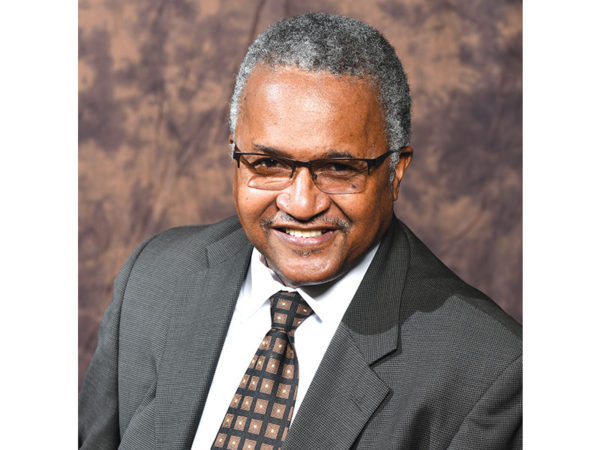Carol Powell Lexing is one of the nation’s most sought-after attorneys involving police misconduct with indigent suspects. Although she is based in Monroe, she is almost invisible and most unacknowledged; our community is stingy with compliments to its own.
If there is a suspicious death of Black people in the United States, Powell-Lexing is on the short list of attorneys that will be sought out to handle the cases of grieving families. She wins so many cases that she doesn’t have to advertise, the clients find her.
Monday night one of her cases was aired in a two hour documentary on the Investigative channel. The episode was called “Sugar Town.” It focused on the mysterious death of Victor White, III in New Iberia who reportedly shot himself in the chest while in a police car with his hands cuffed behind his back. It was an extensive cover-up and the family hired Carol Powell Lexing to find the truth and get justice for their son.
She appears in the documentary in what has been called nationally as the “Houdini” murder. Houdini was a magician who could escape from any handcuffs. Lexing said White would have had to get free from the cuffs, get an officers gun, then shoot himself.
It’s the kind of case that keeps Lexing on airplanes flying across the country. The same year that White died, the United States Supreme Court reviewed another case she handled.
It was the 2008 case of Barron Pikes who was tasered by a Winnfield, La. Police officer eight times, while he was handcuffed. Pikes died, the police officer was found not guilty by a jury. Powell Lexing took the case all the way to the U.S. Supreme Court. She won for the family.
When Cameron Tillman was shot four times by a Houma policemen, city leaders said it was an unfortunate accident and asked blacks not to be disturbed because the officer involved in the shooting was black, not white. The fact that he was 14 years old, unarmed and was playing in an abandoned house when officers broke in an opened fire could not be ignored.
The family called Carol Powell Lexing. She won for the family.
When police killed Micheal Brown in Ferguson, MO, Powell-Lexing was on the legal team that represented his family. The case was publicized around the world. Photos of Brown’s family attorney were splashed on the front pages of newspapers from New York to San Francisco.
In Monroe, only the Free Press acknowledge Powell-Lexing’s role.
Some call her the female version of the late Johnny Cochran who defended O. J. Simpson. She likes the limelight, but she doesn’t rank herself on that level, but she does say, “I get paid a lot of money, a whole lot.”
She was catapulted into the national spotlight when she successfully represented the Jena Six students in Jena, La. in 2007-2008. She was part of that legal team that also included local attorney Louis Scott. She appeared in newsreels and marches alongside Rev. Al Sharpton, Rev. Jesse Jackson and others who protested the issue in which 50,000 people converged on the little town to protest the arrest of six black teenagers in the aftermath of a hanging noose incident in the town.
It’s too bad the family of William Henderson didn’t have Powell Lexing to represent them. In Monroe, Mr. Henderson was shot 17 times by Monroe police officers who were never charged, and Monroe Mayor Jamie Mayo, a black man, never apologized for the murder.
In 2000 a police officer emerged from an alley and said he killed Jeremy Burton who reportedly fired on him. Immediately police changed the story and said Burton shot himself in the mouth with his right hand and also in the back of his head with the opposite hand. Despite the cop’s initial confession, it was ruled a suicide.
The fact that cities refuse to acknowledge their part in wrongful deaths leaves families with no choice but to take them to court.
Many of them have found help with attorneys such at Carol Powell Lexing and she wins for them!
Good for her and shame on city leaders everywhere who can’t say two words:
“We’re sorry!”


